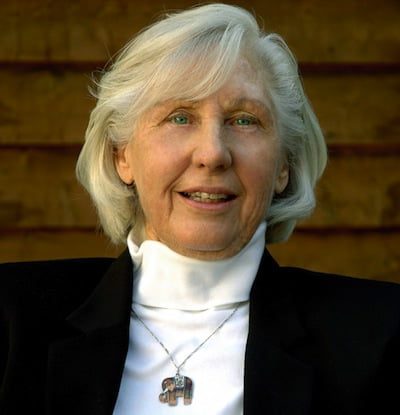If evoking copious tears, even from the most stoic journalist, is the measure of deeply moving nonfiction, then “Being Mortal” wins the day.
Atul Gawande, the noted surgeon and writer, airs his personal (and professional) views on how modern medicine treats terminal illness and dying patients in barbaric ways.
The reader learns through stories of patients both young and old and descriptions of how doctors, hospitals and nursing homes fail their patients by trying to keep them safe and comfortable while denying them choice, power and their dearest wishes.
Dying is not a disease, it’s the end of life, and we all face it sooner or later. Gawande writes of his own failings and those of colleagues in presenting too many options for surgeries, therapies, medications and expecting patients to choose without ever trying to find out what’s important to them.
With the help of hospice and palliative-care nurses, he learns what questions to ask his patients and how to really listen to their answers. After he knows what their priorities are, he is better able to help them find the particular care that meets their criteria.
Often where the patient lives and the available resources, or lack thereof, determine the choices.
Interspersed with patient narratives, we learn some history of the physician-assisted suicide (or “death with dignity” if you prefer) laws now in effect in only three states: Oregon, Washington and Vermont. This past month, we learned of a young woman who moved with her husband to Oregon after being diagnosed with an inoperable brain tumor. She died peacefully in her own bed as she wished. The Oregon process is strictly regulated and so far there is little evidence of abuse. Many patients get their prescription filled and never use it. They say they feel empowered to have the option and that brings them comfort. Several countries in Europe have had these laws for years and Americans with terminal illnesses often had to go to one of the Scandinavian countries to exercise the right to die on their own terms.
While Gawande sees this as a viable option, he says there may be a better way.
“Assisted living is far harder than assisted death, but its possibilities are far greater, as well,” he writes. “… Our interventions and the risks and sacrifices they entail, are justified only if they serve the larger aims of a person’s life. When we forget that, the suffering we inflict is barbaric. When we remember it, the good we do can be breathtaking.”
The history of assisted living facilities as a step somewhere between independent living and the nursing home is littered with failures. For those who saw the PBS “Frontline” piece on assisted living residences accepting patients they weren’t able to care for and the pressure on staff to make a profit, this will come as no surprise. They’ve taken the values of medicine, Gawande says, so residents complain about boredom, loneliness and helplessness. However, the nurses who started and promoted the concept were focused on what Gawande describes as caring for the individual and his or her priorities. What a concept.
Courage is strength in the face of knowledge of what is to be feared or hoped. Wisdom is prudent strength, he writes.
“The challenge, I’ve come to see, is more fundamental than that. One has to decide whether one’s fears or one’s hopes are what should matter most.”
And that leads to the importance of having “the discussion” first with the patient and then with close relatives. It’s amazing how physicians tend to shy away from talk of dying. For them, it seems, death is the ultimate failure. Adult children fear facing the reality that life is limited and that talking about how their parents might want to spend their last days is acknowledging the end is near.
Gawande includes his father’s fatal illness, an inoperable tumor of the spine, as an example of how just listening can solve problems. His father was willing to contemplate hospice even when his mother didn’t think it necessary. A tactful nurse from the hospice agency asked just the right questions and got answers from him and blank looks from her. Still, hospice saved the things he cared about and his condition improved considerably.
In his epilogue, Gawande acknowledges, we’ve been wrong about what our job is in medicine. It is to enable well being. The questions are always the same: What is your understanding of the situation and its potential outcomes? What are your fears and what are your hopes? What are the trade-offs you are willing to make and not willing to make? And what is the course of action that best serves this understanding?
That’s the crux of the discussion. Now, we all just have to be willing to talk about it.

